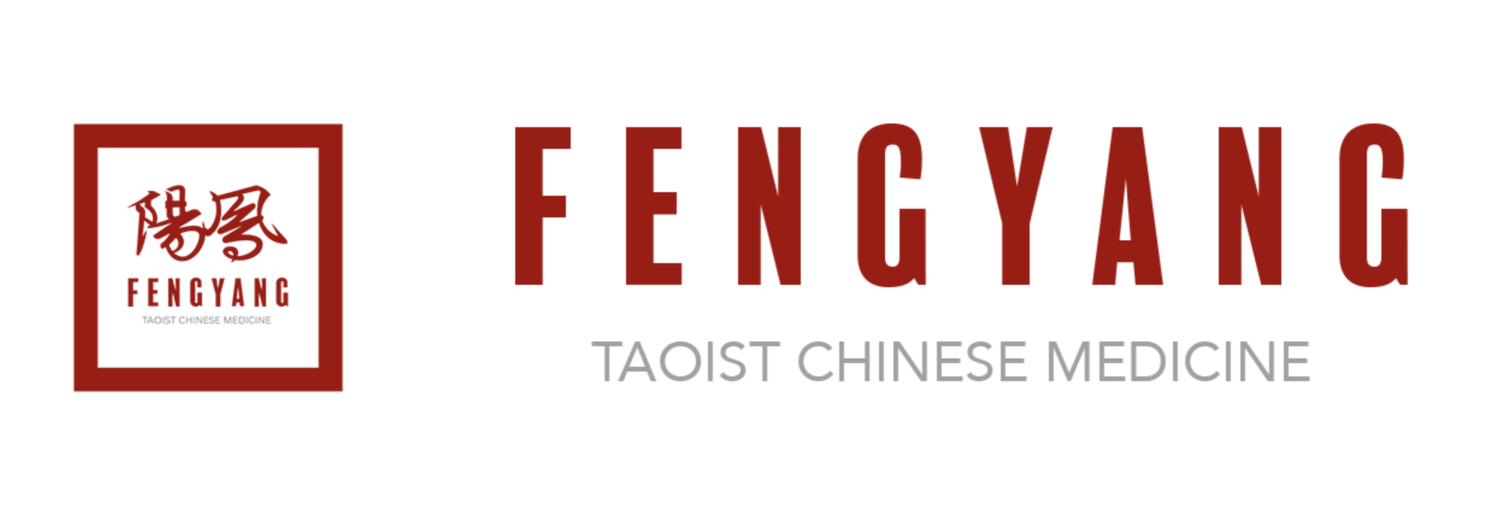The Healing Power of Ginger
By Dr. Ming Wu
The medicinal benefits of ginger root (Zingiberis officinale rhizome) have been known to Chinese, Japanese, Indian and herbal medicine practitioners for centuries, as well as to physicians in Western and Eastern Europe. Only recently has Western medicine begun to seriously study this plant's medicinal qualities in research trials.
To understand the healing properties of Ginger root, it is helpful to understand the plant. Ginger is native to southeastern Asia, but can be cultivated in any tropical climate. Ginger is a strong antioxidant and effective antimicrobial agent making it a good additive for daily cooking. The peeled root of ginger is the part of the plant used in medicine and everyday cooking. Ginger's warm, stimulating properties help cleanse the colon, decrease gas, improve fat digestion, reduce spasms and cramps and stimulate circulation: making it an effective herb for the treatment of bowel and digestive disorders.
Ginger in every day use:
If your digestion is sluggish, take a cup of ginger tea first thing in the morning to ignite the fire of your digestive system and relieve constipation and hard stools.
As a warming agent, Ginger is also useful for circulatory issues, cold extremities, and to break a fever. Note that the warming properties of Ginger make it an effective blood thinner. Hence, it should not be used in large doses for those on pharmaceutical blood thinners. As a centuries-old, traditional medicine, many clients can work with their Western doctors to help wean them from such drugs as Coumadin and Plavix.
Ginger has been used to reduce nausea and vomiting in all cultures related to motion sickness, pregnancy, chemotherapy, radiation, and other causes. Sipping ginger tea or ginger ale, or taking ginger capsules are all helpful.
A poultice of fresh ginger on the chest has been used in most cultures including the U.S. to increase blood circulation, activate respiration and begin to move mucus out of the lungs. It is used for colds, bronchitis, pneumonia and other conditions where ginger's heating, blood-circulating qualities are needed.
Ginger taken as food (raw, steeped in tea or cooked into food) is also a strong analgesic (pain reliever). Several studies have shown that ginger's analgesic properties are similar to non-steroidal anti-inflammatory drugs (NSAIDS) such as aspirin, ibuprofen, Motrin, Advil, Excedrin and Aleve, without the side effects associated with these pharmaceuticals.
The Journal of Pain (Volume 11, Issue 9, September 2010) published an article noting that daily doses of raw ginger relieves muscle aches and discomfort of pain relating to exercise. The study was conducted in a double-blind, placebo-controlled, randomized research study by scientists at the University of Georgia, College of Education's Department of Kinesiology. The study tested the assumption that heating ginger (as occurs with cooking) would increase its effectiveness on muscle pain due from exertion. Seventy-four volunteers participated in the study. Seventy-four participants consumed capsules containing two grams of raw or heat-treated ginger or a placebo for 11 consecutive days. On the eighth day they performed 18 extensions of the elbow flexors with a heavy weight to induce moderate muscle injury to the arm. Arm function, inflammation, pain and a biochemical involved in pain were assessed prior to and for three days after exercise.
The studies showed that daily ginger supplementation reduced the exercise-induced pain by 25 percent. The effect was not enhanced or reduced by heating the ginger.
The economic and personal costs of pain are extremely high, according to Patrick O'Connor, a professor at the College of Education. Muscle pain generally is one of the most common types of pain and eccentric exercise-induced muscle pain specifically is a common type of injury related to sports and/or recreation. Anything that can truly relieve this type of pain will be greatly welcomed by the many people who experience it.
The Western studies on the benefits of Ginger root corroborate what Traditional Chinese, Japanese and Indian doctors and folk medicine practitioners have known for centuries: Ginger is an essential ingredient in the kitchen!



